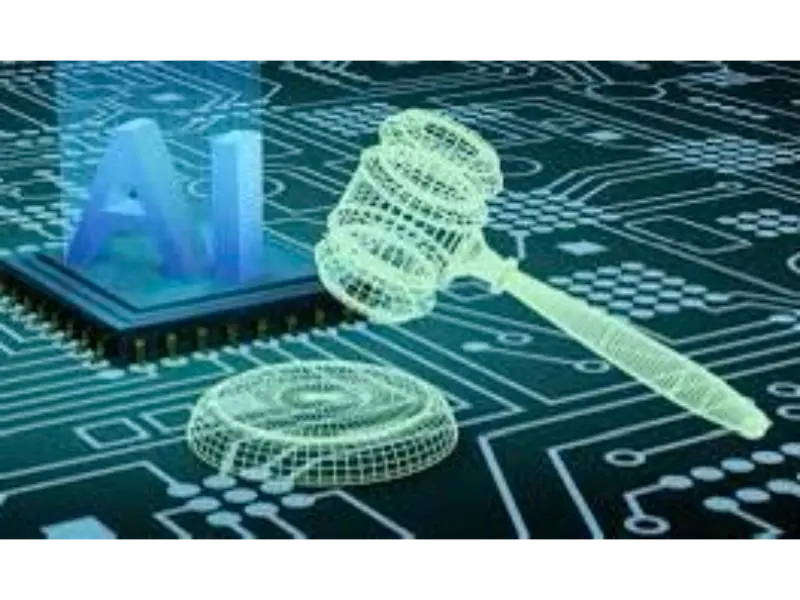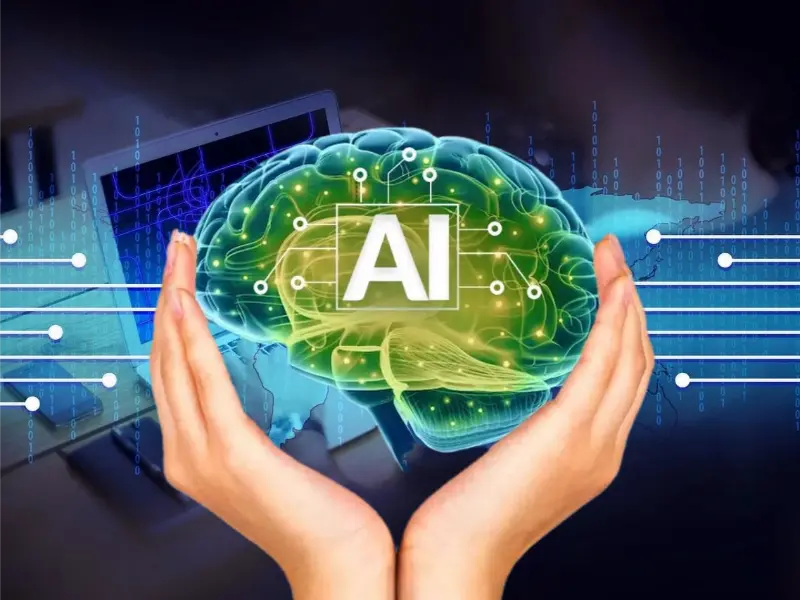- Developers and deployers of AI systems should be responsible for their actions and the impacts of their systems.
- AI systems should be designed and used safely and securely, mitigating the risks of accidents, misuse, and malicious attacks.
- AI systems should be understandable and allow individuals to comprehend their decision-making processes.
AI governance refers to the policies, processes, and frameworks that ensure the responsible development, deployment, and use of artificial intelligence (AI) systems. It involves establishing guidelines, regulations, and oversight mechanisms to address the ethical, legal, and societal implications of AI, such as ensuring AI systems respect human rights, are transparent and accountable, and do not perpetuate biases or discrimination. The AI Governance Alliance, a stakeholder initiative by the World Economic Forum, aims to champion responsible AI governance globally by bringing together industry leaders, governments, academic institutions, and civil society organisations.
Ethical considerations
AI development and use should adhere to ethical principles to ensure responsible and beneficial use. AI systems should be fair, unbiased, and not discriminate against individuals or groups based on factors like race, gender, religion, or disability. They should be transparent, allowing people to understand their operations and decision-making processes. Developers and deployers should be accountable for their decisions, protect privacy, and ensure safety and security. AI should promote human well-being without harming individuals or society.
However, ethical challenges arise in AI development and use, such as bias, complexity, and a lack of transparency. These challenges can lead to unfair outcomes, trust issues, privacy concerns, surveillance, attacks, and job losses. AI systems should also be transparent, allowing for accountability and understanding of their decisions. Addressing these challenges is crucial to ensuring the ethical and beneficial use of AI.
Safety and security
AI systems pose potential risks, including accidents, misuse, and malicious attacks. Mistakes can have severe consequences, especially in high-stakes applications like self-driving cars or medical diagnosis. Misuse can lead to deepfakes, misinformation spread, cyberattacks, and data theft. To mitigate these risks, AI systems should be designed with safety in mind, using robust algorithms, thorough testing, and error detection mechanisms. Security measures, such as encryption, authentication, and authorization, should be implemented. Human oversight is crucial for AI systems, and governments and organisations can develop regulations to ensure safe and secure use.
Safety and security should be integrated into all aspects of the AI development lifecycle, from design to deployment. This includes identifying and assessing potential risks early, developing mitigation strategies, testing and validating AI systems, and monitoring and overseeing them to ensure continued safety and security. Governments and organisations can develop regulations and standards to ensure AI systems are developed and used safely and securely. Integrating safety and security into the AI development lifecycle is essential for ensuring the continued safety and security of AI systems.

Privacy and data protection
Privacy is a fundamental human right, especially in the context of AI systems that collect and use large amounts of personal data. To protect individual privacy, AI systems should be designed and used in a way that respects these rights. Principles of data protection should guide the collection, use, and storage of personal data in AI systems, including data minimization, purpose limitation, data security, transparency, and individual control.
To implement privacy and data protection in AI systems, privacy-enhancing technologies like differential privacy and federated learning can be used. Data governance frameworks should be developed to set clear rules for data collection, use, and storage, and user consent should be given before data collection, use, or storage. Data anonymization and encryption can also be used to protect data from unauthorised access.
However, there are challenges in the area of privacy and data protection in the context of AI, such as the rapid development of new AI technologies, the global nature of AI, and the increasing use of personal data. Despite these challenges, there are promising developments in privacy and data protection in AI, such as the development of new privacy-enhancing technologies, increased awareness of privacy issues, and the development of new privacy laws and regulations.
Transparency and accountability
Transparency and accountability are crucial in building trust in AI systems, allowing people to understand their workings and identify potential biases. Accountability ensures that those who develop and deploy AI systems are responsible for their actions, including the decisions they make and the impacts of those decisions.
Also read: Ransomware attacks explained: 5 stages of attack
To implement transparency and accountability in AI systems, explainable AI (XAI) techniques can be used, which make AI systems more understandable. Auditing and monitoring AI systems are essential to ensuring they are functioning as intended and not being used in a discriminatory or harmful way. Human-in-the-loop systems allow humans to oversee AI decisions and intervene when necessary. Public engagement is also essential to ensure AI is developed and used responsibly.
However, there are challenges in addressing transparency and accountability in AI, such as the complexity of AI systems, the lack of standards, and the need for public education. Despite these challenges, there are promising developments in transparency and accountability in AI, such as the development of new XAI techniques, increasing awareness of the importance of transparency and accountability, and the development of new standards and regulations.
Also read: AI governance: Ethical, legal, and global imperatives
Economic and societal impact
AI has the potential to bring significant economic and societal benefits, such as increased productivity, new products and services, improved decision-making, and greater social good. However, it also poses risks such as job displacement, increased inequality, loss of control, and misuse of AI.
To mitigate these risks, we need to invest in education and training programmes, create safety nets for those displaced by AI, regulate AI to ensure its safe and responsible use, and promote ethical AI development.
Investing in education and training programmes can help people develop the skills needed to succeed in the AI economy. Creating safety nets, such as unemployment insurance and retraining programmes, can help those who are displaced by AI. Regulations can include bans on autonomous weapons and restrictions on AI use in certain industries. Promoting ethical AI development aligns with human values and can help ensure that AI is used for good.

